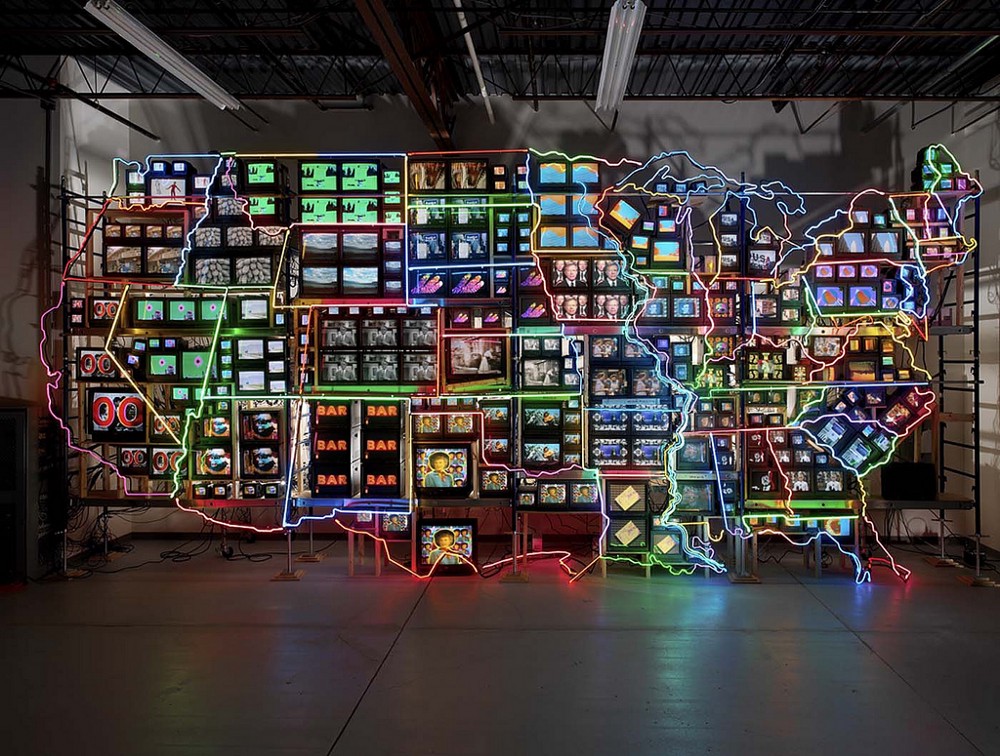An Interest In:
Web News this Week
- April 4, 2024
- April 3, 2024
- April 2, 2024
- April 1, 2024
- March 31, 2024
- March 30, 2024
- March 29, 2024
Six essays on media, technology and politics from Data & Society

danah boyd writes, "Yesterday, a group of us at Data & Society put out six essays on 'media, technology, politics.' Takentogether, these pieces address different facets of the current publicconversation surrounding propaganda, hate speech, and the US election. Although we only allude to specifics, we have been witnessingmis/disinformation campaigns for quite some time as different networksseek to manipulate both old and new media, shape political discourse,and undermine trust in institutions and information intermediaries. Inshort, we are concerned about the rise of a new form of propaganda thatis networked, decentralized, and internet-savvy. We are also concernedabout the ongoing development of harassment techniques and gaslighting,the vulnerability of old and new media to propagate fear anddisinformation, and the various ways in which well-intendedinterventions get misappropriated. We believe that we'rewatching a systematic attack on democracy, equality, and freedom. Thereis no silver bullet to address the issues we're seeing. Instead,a healthy response is going to require engagement by many differentconstituencies. We see our role in this as to help inform and ground theconversation. These essays are our first attempt to address theinterwoven issues we're seeing.
1. Hacking the Attention Economy: I describe some of the tactics and strategies that people have takento manipulate old and new media for fun, profit, and ideology. Thisessay explores decentralized coordination efforts, contemporaryinformation campaigns, and cultural logics behind gaming the system.
2. What's Propaganda Got To Do With It? Caroline Jack brings historical context to the use of the term 'propaganda,' arguing that the resurgence of this labelamid social anxieties over the new media landscape is reflective ofdeeper cultural and ideological divides.
3 Did Media Literacy Backfire? is my examination of how media literacy education efforts to encouragethe public to be critical consumers of information may have contributedto widespread distrust in information intermediaries, complicatingefforts to understand what is real and what is not.
4. Are There Limits to Online Free Speech: Alice Marwick explores how the tech industry'sobsession with 'free speech' has been repurposed (andnewly politicized) by networks whose actions are often seen assupporting of hate speech and harassment.
5. Why America is Self-Segregating: is my attempt to lay out some of the structural shifts that havetaken place in the United States in the last twenty years that havemagnified polarization and resulted in new types of de-diversification.
6. How do you deal with a problem like 'fake news': Robyn Caplan looks directly at thechallenges that companies face when they seek to address the inaccurateand often problematic content that is spread widely on social mediasites.
(CC BY 2.0-licensed photo by CEA+ | Artist: Nam June Paik, Electronic Superhighway. Continental US, Alaska & Hawaii (1995).)
Original Link: http://feeds.boingboing.net/~r/boingboing/iBag/~3/P-fdEKCgYE4/six-essays-on-media-technolog.html


